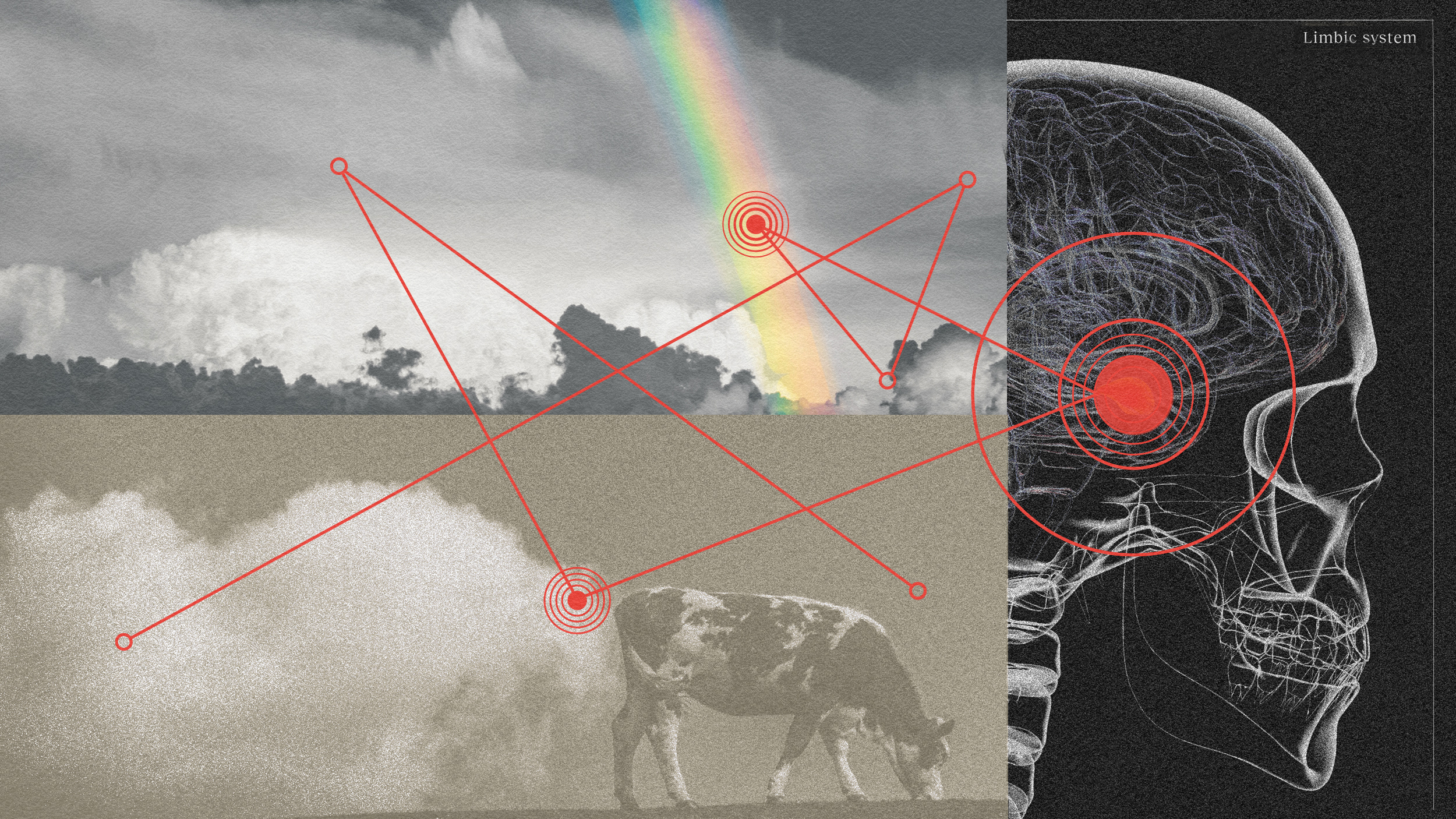Raustiala explains the scope of international law.
Question: Can International law stop genocide in Darfur?
Kal Raustiala: The problem in Darfur is a version of a problem we’ve seen many times in the past, Rwanda, others, where there is a genocide or something that is very close to a genocide taking place within a country and so there’s this clash between the sovereignty of that country, the ability of it to control its own affairs and the imperative of the rest of the world to do something. And of course we have a genocide convention; we have a treaty on genocide. The problem is the security council is given the ability to decide whether to sanction a country, whether to authorize an invasion and so forth, and again each of the permanent five members can veto. And so there’s a big status quo bias and so one of the things we see in Darfur are countries like China being very resistant. In Kosovo and the Balkans in the 1990s, Russia played that role, being very resistant to any action that would seem to impinge upon the sovereignty of the former Yugoslavia. In the Kosovo example, the NATO countries, the North Atlantic Treaty Organization, the Western democracies, went in anyway and acted outside the scope of the UN system. That was very controversial but many people felt that it was justified, humanitarian intervention. We weren’t seeking to take over Yugoslavia; we were seeking to stop, to avert, genocide, and so that would seem to apply equally well in Darfur. Of course, the view of the Sudanese is this is our issue and you can imagine if- during the era of slavery if Britain had said, “Well, we’re going to invade the American South to free the slaves,” there would have been enormous resistance to the idea. Well, this is our-- We’re going to work this problem out ourselves. So it’s an understandable reaction that countries want to protect their domain but of course in the case of Darfur I think one that’s unjustified. And so the real question is how will the international community find the willpower to act which it has often in the past lacked, Rwanda being the best example, 800,000 people killed when that could have been averted relatively easily if troops had been put in.
Question: What does international law say about Iraq?
Kal Raustiala: Well, there’s-- Iraq’s a sovereign state so essentially the answer to the question of what if there were a genocide is the same if it’s Iraq or if it’s any other country in the world. Now of course the reality is we’re going to have some troop presence there and right now we have a vast troop presence so from a legal point of view there’s no real difference. Genocide is illegal but you run in to this problem of you can’t just invade a country willy-nilly so-- Now morally I think is a harder question; politically is a harder question. Right. What does the U.S. owe to Iraq? What do we-- What-- What’s our role and what if that genocide starts to occur? Would we then bring the troops back? And this is particularly hard for the Democrats because traditionally Democrats have been in favor of humanitarian intervention whereas Republicans traditionally took the view that that was the kind of thing that our armed forces should not be used for; that’s social work- foreign policy is social work whereas we should reserve our military power for real national security threats. So I think if Barack Obama is President he’ll have- it’ll be a vexing issue about what to do if there’s something that starts to look like ethnic cleansing going on but the legal issues would be exactly the same.





